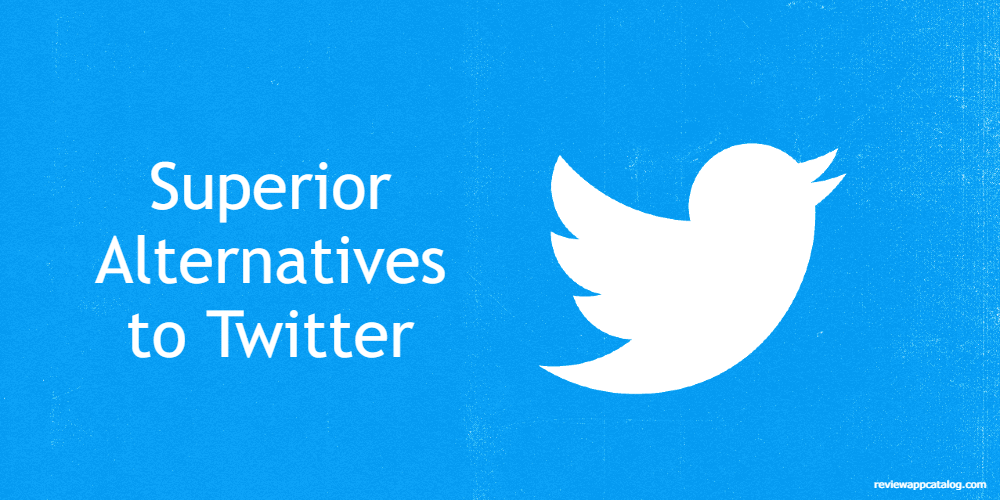
Microblogging has transformed the way we communicate and access information online. No wonder platforms like Twitter have garnered vast user bases. However, if you are on the hunt for alternatives to Twitter, here's where your search ends. Through this deep dive, you'll discover ten excellent Twitter alternatives, each offering unique plus points in the realm of microblogging.
Mastodon
Mastodon has been making waves in the microblogging sphere as a decentralized alternative to Twitter. It operates on open-source software and consists of several independently owned nodes or "instances". Each instance has its guidelines and themes, giving Mastodon a community-like feel. The platform significantly values user privacy and controls the content, which makes it an attractive Twitter alternative for privacy-conscious users.
Tumblr
Tumblr has always been the go-to platform for those valuing creative expression. Its ‘blog meets social media’ format is the perfect ground for sharing ideas, showcasing art, and connecting with like-minded individuals. Its flexible post format supports text, photos, quotes, links, chat excerpts, audio files, and videos, thereby offering a diverse microblogging experience.
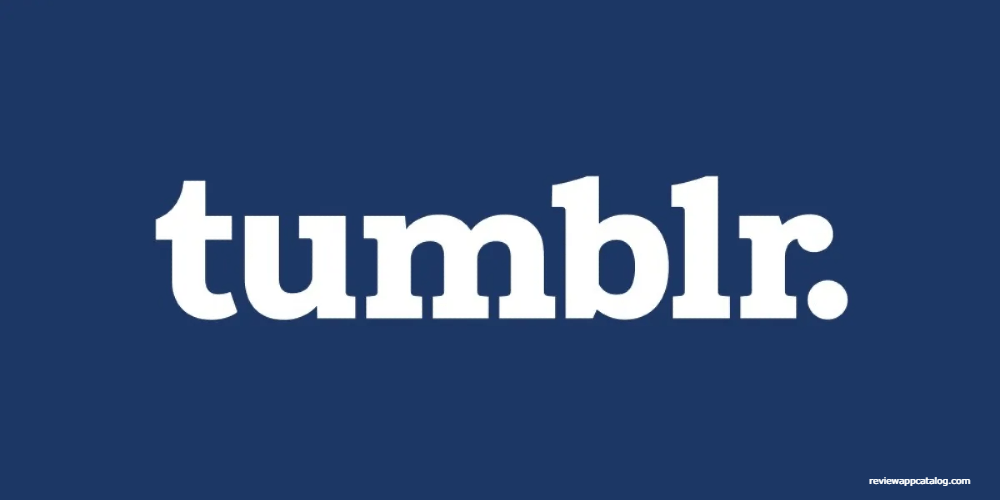
Reddit, the "front page of the internet", may not seem like an intuitive alternative to Twitter, but it fulfills similar communication purposes. Each subreddit serves as an independent microblog, populated with posts and ensconced with discussion threads. Reddit's voting system brings the most engaging content to the forefront and maintains active and vibrant online communities.
Plurk
Plurk stands out with its unique timeline-based design and playful UX/UI elements. Like Twitter, Plurk limits post lengths, thereby encouraging concise and engaging content. A fun feature is ‘Karma,’ which increases as you continue to contribute and engage on the platform. Plurk's emphasis on user interactivity makes it an exciting alternative to traditional microblogging platforms.
Gab
Gab has carved a name for itself in the microblogging realm due to its unflinching commitment to free speech. It functions similarly to Twitter but holds a more lenient stance on content moderation. While this approach has its criticisms, it makes Gab an appealing choice for users looking for a platform devoid of censorship.
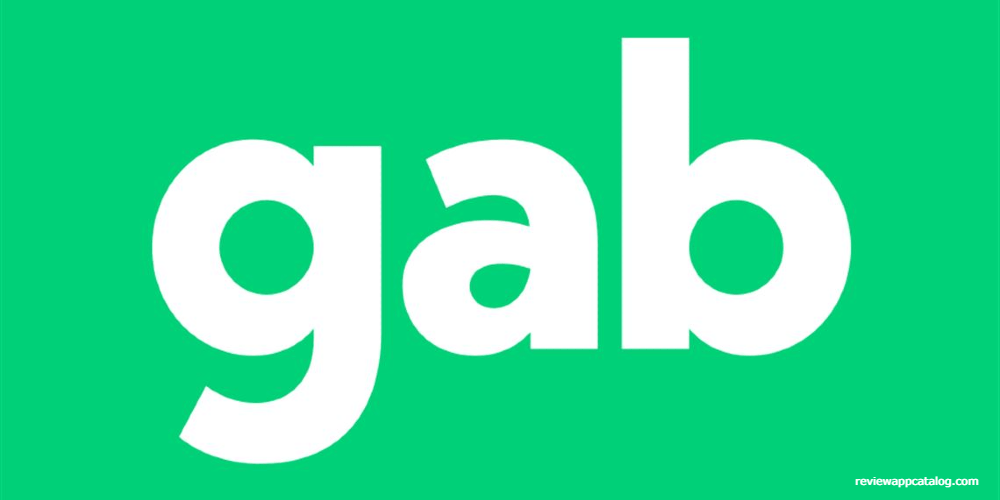
Amino
Amino empowers users to join and create communities about anything under the sun, functioning as a blend of social media and microblogging platforms. Its user-friendly interface and host of innovative features like quizzes, polls, and chatrooms foster high user engagement. For those craving a more communal and interactive microblogging space, Amino is a brilliant choice.
Substack
Creators seeking a balance between blogging and social media may find their answer in Substack. This platform encourages long-form content peppered with the interactivity of social media. It also provides an option for users to monetize their content by maintaining a subscriber base. Substack functions as an exciting blend of professional blogging and social networking.
Parler
Parler gained the limelight as a free speech-centered alternative to mainstream social media platforms. It functions similarly to Twitter, offering a microblogging platform where users can share thoughts, images, and links. Parler's 'echo’ works like a retweet, and a ‘vote’ mirrors alike. It even outperforms Twitter by allowing 1000 characters in a Parley compared to Twitter's 280.
MeWe
With a tagline that professes, "Your Private Life is #Not4Sale," MeWe positions itself as a privacy-focused alternative to Twitter. Boasting a customer-first approach, MeWe doesn't collect or sell user data. It perfectly blends the features of typical social networks and empowers users with privacy controls that you would expect of a modern platform.
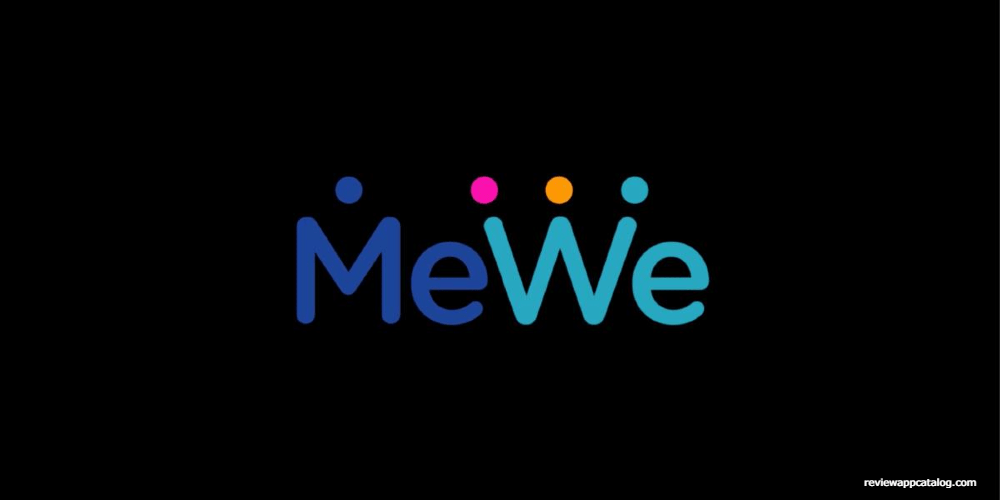
Clubhouse
Clubhouse, despite being an audio-based platform, makes the cut due to its unique approach to sharing ideas and creating connections. As a voice-only platform, Clubhouse moves away from text posts and media sharing. Its actual conversation rooms provide an entirely fresh take on digital communication, mirroring real-life, unrecorded conversations.
BlueSky
BlueSky is a research project initiated by Twitter itself to create a decentralized social network. While it's still in its early development stages, Twitter's initiative towards a public blockchain platform like BlueSky hints at a future where social networks could be far more community-driven, censor-resistant, and privacy-oriented, which makes this project a fascinating Twitter alternative to keep an eye on.
Post
Post is a reflection of simplicity. It positions itself as an alternative to mainstream social networks, removing irrelevant clutter and focusing solely on the sharing of text updates. Advocating for free speech, Post offers an unlimited character count, allowing for deeper user discussions and interactions. It's a choice for those who value simplicity in their microblogging endeavors.
Cohost
Cohost brings a unique twist to the world of microblogging with its emphasis on promoting events. From organizing online community gatherings to endorsing large-scale public events, Cohost offers a platform that redefines event promotion and networking. Its blend of social engagement and event management makes it stand out among common social media platforms.
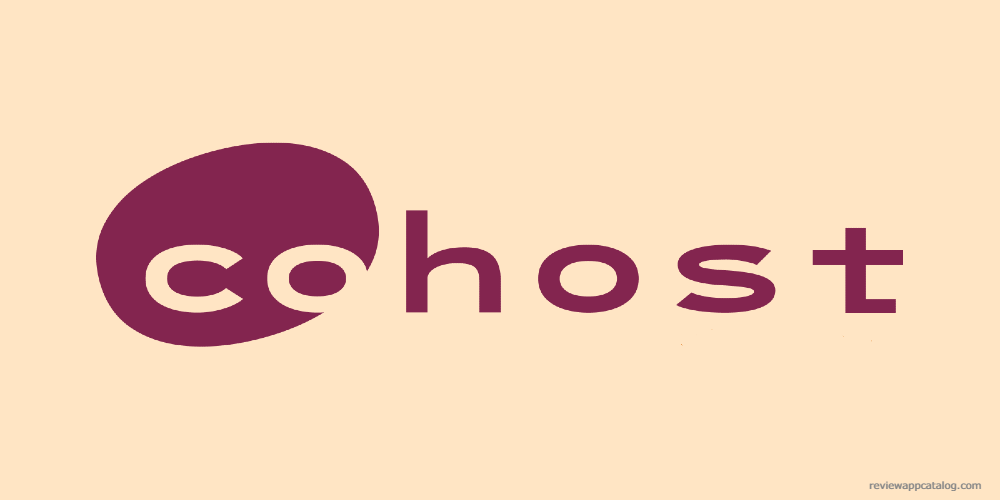
Micro.blog
Micro.blog emerges as a wonderful hybrid, bridging the gap between blogs and microblogs. This platform aims to counteract the current social network trend that encourages quick, shallow interactions by providing an environment that supports meaningful, content-rich discussions. Micro.blog stands as a great alternative for users who appreciate a more thoughtful communications platform.
Discord
Primarily known as a platform for gamers, Discord also serves as an innovatively-designed microblogging platform. It promotes group chatting via text, voice, and video. Users can join servers focused on specific interests and engage in real-time conversations. Discord’s strong emphasis on community interactivity carves its niche in the realm of microblogging platforms.
Counter Social
Counter Social is driving a wave of change in the microblogging world with its focus on user security. It undertakes proactive measures to shield users from bots, trolls, and disinformation. Its inbuilt 'Security Mode' can even black out geographic regions if they are sources of large-scale troll attacks. Such unrivaled commitment to user safety makes Counter Social a great Twitter alternative.
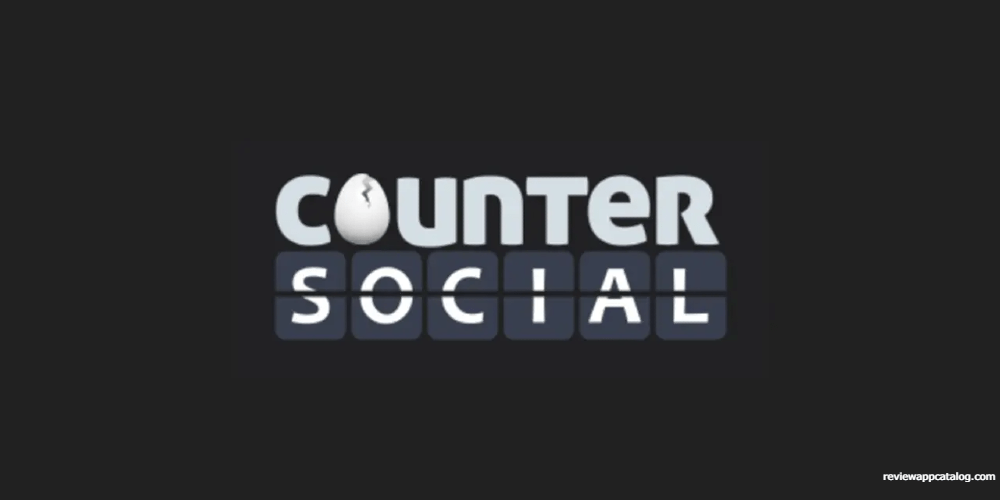
Bastyon
Bastyon is an uncensorable, privacy-focused social networking platform building on blockchain technology. It allows users to share thoughts and files and even conduct transactions with crypto assets. It also offers secure messaging and boasts complete user data sovereignty, making Bastyon a solid choice for privacy advocates.
T2
Last but not least, T2 is an alternative microblogging platform touted as a "coffeehouse version of Twitter". It promotes focused, quality conversations over the quantity of content. T2 members are encouraged to engage in respectful debates and discussions, making the platform a haven for intellectual stimulation.
Each of these platforms brings something unique to the realm of microblogging. Whether you're looking for an emphasis on privacy, a focus on meaningful conversations, or an interest-based community setting, there's a platform that caters to these needs. Consider stepping beyond the mainstream and exploring these promising platforms.









Leave a comment
Your comment is awaiting moderation. We save your draft here
0 Comments